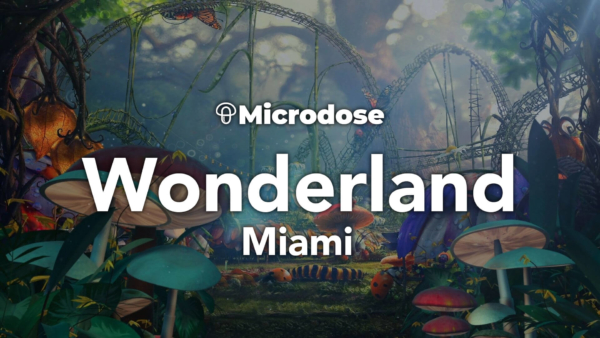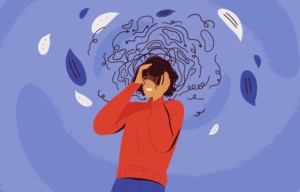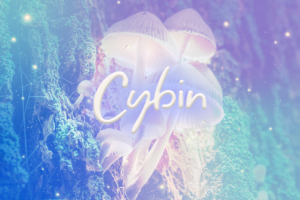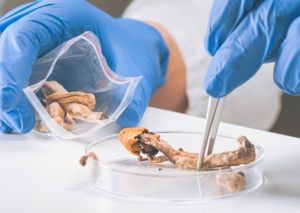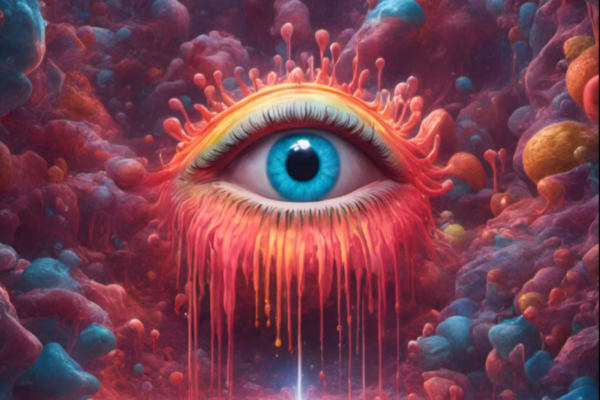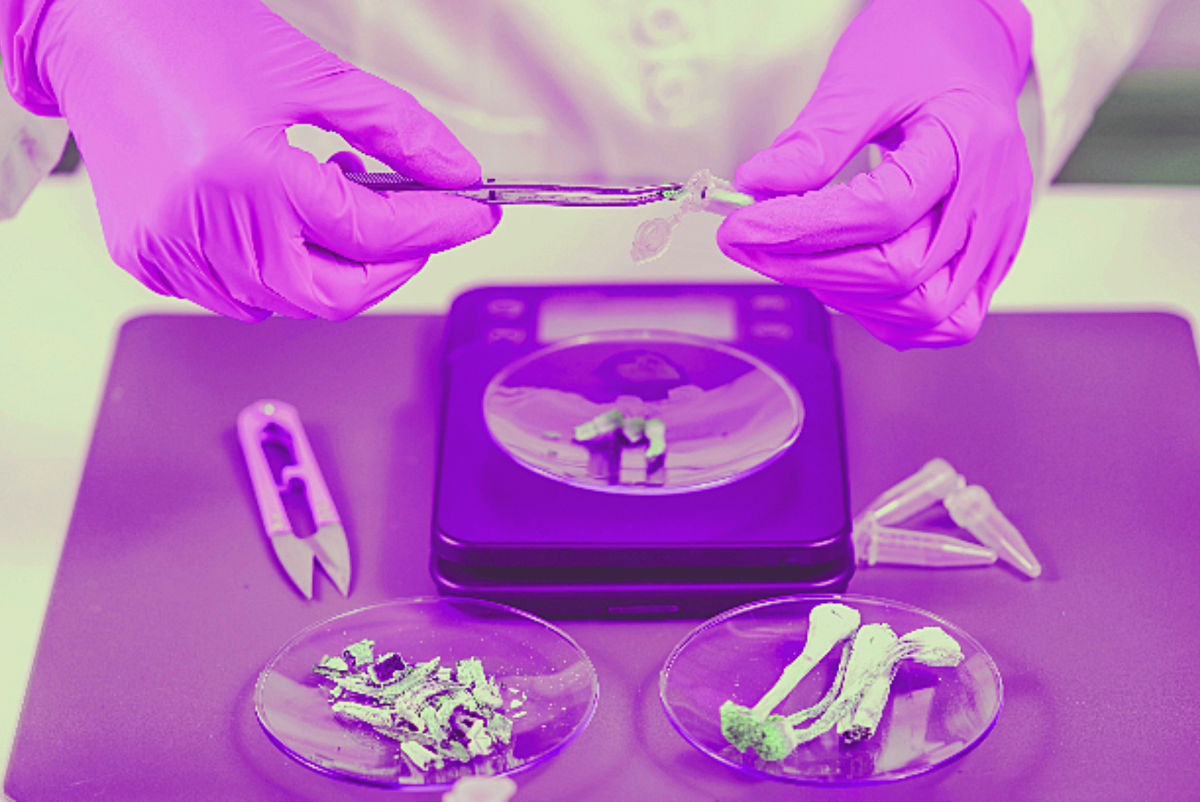
Compass Pathways published the long awaited results of its phase 2 clinical trial for the treatment of depression with psilocybin–assisted psychotherapy in the New England Journal of Medicine on Wednesday. Although the study has been received with great fanfare, the results are far from the promised miracle cure or magic bullet we’ve been told to expect from psychedelic therapy.
The trial was one of the largest to date, following 233 chronically depressed people from 10 countries as they were treated with either a 1mg, 10mg, or 25mg dose of psilocybin. As expected, immediately following a single administration, depression scores improved greatly for most patients, even those in the low-dose control group. The antidepressant effects were most profound for people who received the 25mg dose.
However, the antidepressant effects began to wane for the majority of trial subjects within as little as 3 weeks. At the three-week follow-up assessment, only 1 in 3 (33%) of subjects who received the 25mg dose still showed significant improvement. This number drops to 1 in 5 (20%) at the 12 week period. Despite having a strong initial antidepressant effect, the overall efficacy of psilocybin treatment at 3-12 weeks faded for 80% of trial participants, indicating that psilocybin therapy for depression is not a single-dose magic bullet, and is about as effective as existing SSRIs or traditional psychotherapy treatments for depression, such as CBT.
In addition, 77% of clinical trial participants reported adverse events, such as headaches, nausea, extreme tiredness, suicidality, and self-harm. Surprisingly, new-onset suicidality occurred in treatment groups at all dose levels, and higher dose groups reported higher rates of suicidality — 1% at 1mg, 4% at 10mg, and 5% at 25mg.
Although this study will be touted as a success in media reports, most experts agree that the results are mixed. “The findings were positive, but not what I could call ‘spectacular’”, said Dr. Ravi Das, Associate Professor, University College London. “There is some evidence for greater incidence of adverse events, including a troubling three instances of suicidal behaviour in the 25mg group. These effects will be important to monitor in future studies.”
Dr. Das continues, “While 3-week changes in depression might be important, the effect is already starting to reduce at just 12 weeks; with the 12 week response-rate at only 20% in the high-dose group, versus 10% in the control group. This is not a spectacular response rate for a psychiatric treatment, or in comparison to ketamine, for example and we would only expect this to worsen over a longer follow-up period.”
This study was a randomized double-blind controlled study. Still, due to the fact that most trial subjects can tell if they are receiving a high dose of psilocybin, expectancy bias could be a factor in the reports of initial rapid antidepressant effect. “Participants were not asked if they could guess whether they were in the arm of the study that received a higher dose of the psychedelic,” says Professor Andrew McIntosh, Head of Division of Psychiatry at University of Edinburgh. “This is important, because psilocybin is associated with euphoria and changes in perception that may reveal that they are in an higher-dose or ‘more active’ treatment arm. People who believe they are in a higher-dose treatment group are potentially more likely to report treatment benefits, regardless of whether the intervention works, undermining the double-blind design.”
Compass Pathway stock jumped 5% in value following the release of this study, indicating that investors believe this study shows promising results for future treatments. But experts agree that more investigation needs to be done before calling these results a success.
“There are several issues that need further study before this can become part of regular clinical practice,” says Anthony Cleare, Professor of Psychopharmacology at King’s College London. “The effects did start to wear off by three months, and we need to know how best to prevent the depression returning. This might involve adding in other treatments, such as psychological therapies, or repeating the psilocybin treatment periodically. There is also concern that because of the relatively small number of patients studied so far we don’t yet know enough about potential side effects, particularly whether some people may experience a worsening of some symptoms. While the safety profile seems encouraging overall, great care is obviously needed when using psychoactive substances such as psilocybin. Larger studies are on the way that we hope will help answer these issues.”
